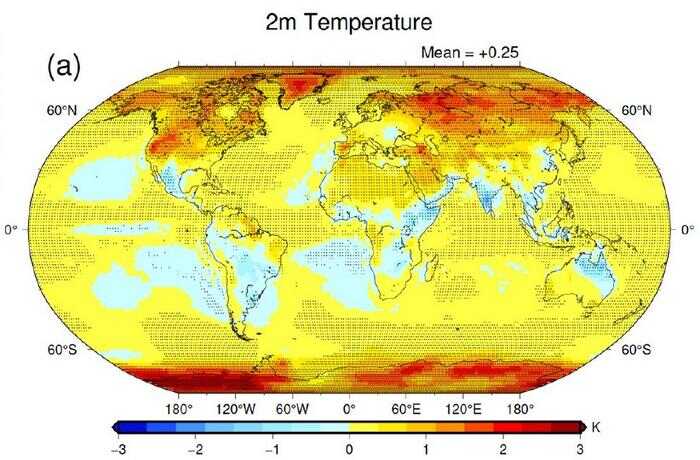THE LATEST
Japan's supercomputing tech reveals insights into how precipitation affects the Arctic climate, energy balance

Supercomputing is a powerful tool for studying natural phenomena. Recent research by Associate Professor Takuro Michibata from Okayama University in Japan focuses on considering the radiative effects of precipitation (REP) in climate modeling. The study shows how REP impacts radiation budgets, hydrological cycles, and temperature and precipitation changes at global and regional scales.
Dr. Michibata used supercomputer algorithms to incorporate different precipitation and radiative calculation treatments. The study used three versions of the Japanese GCM, MIROC6, to investigate the impact of REP. The research revealed that radiative forcing influences not only radiation budgets but also local thermodynamic profiles, remote precipitation rates, and atmospheric circulation. The weakening of radiative cooling due to REP slows the hydrological cycle globally, especially in winter, leading to surface warming in the polar regions and an increase in average temperature.
The findings provide valuable insights into climate modeling and can help improve the accuracy of climate simulations. Understanding the role of REP can also assist in developing models for simulating the Arctic climate and its link to mid-latitude meteorology and weather. Overall, this study highlights the benefits of supercomputing in exploring the role of REP in Arctic amplification and energy budget and its potential to inform future climate responses and guide efforts to mitigate global warming.

